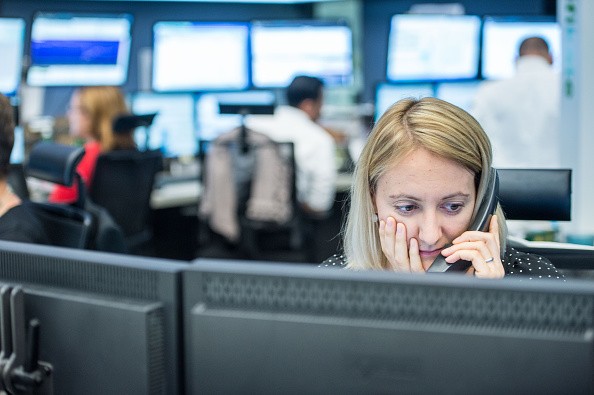
A common notion among individuals is that if an employee takes more breaks, he or she would be dubbed unprofessional. Well, study debunks this cliché as researchers discover that employees who are taking frequent breaks during work have more endurance, stamina and fewer health issues when they return to work.
Researchers from Baylor University wrote a study entitled, "Give Me a Better Break: Choosing Workday Break Activities to Maximize Resource Recovery" which included a survey on 95 employees from ages 22 to 67 for five working days. During breaks, the employees were asked to record the activities they do and these were collated. Emily Hunter and Cindy Wu, associate professors in the School of Business, computed that every person has an average of over two breaks each day.
"Unlike cellphones that run optimally until their batteries die, people have to charge more frequently before we deplete all the way," Emily Hunter, associate professor of management at Baylor University's Hankamer School of Business in Waco, Texas, and the study's lead author told U.S News & World Report.
According to their press release, there are effective ways to maximize break times. They reiterated that the best time to take a work day break is mid-morning. They believe that the usual practice could take a toll on one's energy, concentration and motivation the whole day.
"Better breaks" could enhance better job satisfaction. These breaks could be used by employees on any activity they prefer to make them more relaxed. The researchers also found out that those who took 'better breaks' reported lesser experience of symptoms of stress like headache, eye problems and back pain.
"We found that when more hours had elapsed since the beginning of the work shift, fewer resources and more symptoms of poor health were reported after a break. Therefore, breaks later in the day seem to be less effective," they wrote in the study.
Another finding says that preferred break activities should be done by the employees depending on what they want to do. This could include doing either work-related or non-work-related activities. Hence, people who utilize better breaks have better health and increased job satisfaction.
"Unlike your cellphone, which popular wisdom tells us should be depleted to zero percent before you charge it fully to 100 percent, people instead need to charge more frequently throughout the day," Hunter said.
The study was published in Journal of Applied Psychology.

